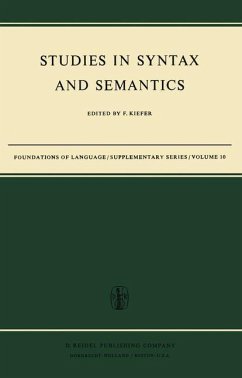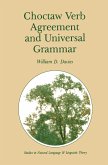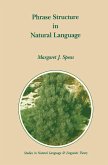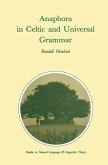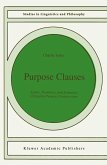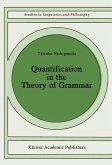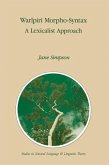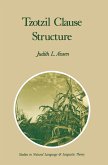In the last decade a profound change has occurred in linguistic science. Not only have old problems been tackled from an entirely new point of view but also quite a few new fields of linguistic research have been opened. The common characteristic of the majority of the theories and methods developed recently is the search for a more adequate description of language. Adequacy does not mean simply that the theory must conform to the facts. It must also meet the general requirements of present-day theories: coherence, clear-cut notions, rigor of presentation. It has also become abundantly clear that linguistic research cannot be content with the registration and classification of linguistic phenomena. In one way or another linguistics must try to explain the deep-seated regularities in language which in general do not appear on the surface in some straightforward way. Therefore, we find the attribute 'deep' very often in contemporary linguistic literature. Linguistic theories seek an explanation for the observed facts in terms of a system of hypotheses about the functioning of language. As research proceeds these will undergo essential changes. Some of them will be waived, others com plemented. The papers of the present volume follow these general principles of linguistic theory though they may differ from each other in the way of presentation considerably. Some of the papers make use of the framework of transformational-generative grammar (e. g. Kuroda; Perlmutter), others approach the pertinent problem from a different angle (e. g. Dupraz and Rouault; Apresyan, Mel'cuk, and Zolkovski).
Bitte wählen Sie Ihr Anliegen aus.
Rechnungen
Retourenschein anfordern
Bestellstatus
Storno

